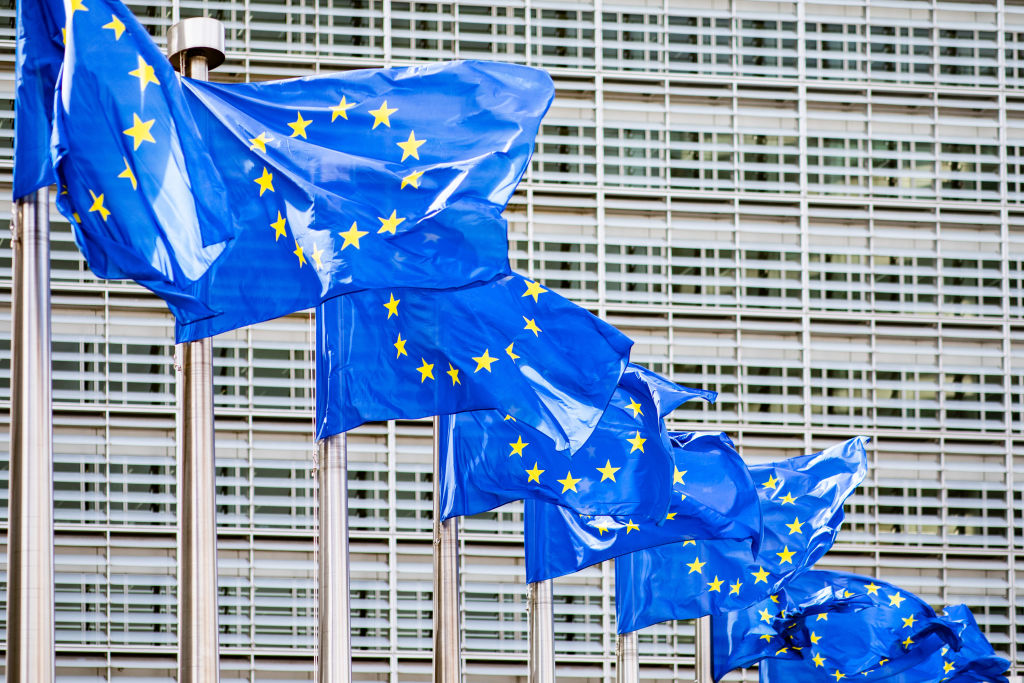European Governments Reevaluate Dependence on American Technology Amid Rising Tensions
Recent developments reported by The New York Times indicate that European nations are starting to reassess their reliance on American technology and services. This shift appears to stem from a controversial incident involving U.S. sanctions imposed by former President Donald Trump against Karim Khan, the chief prosecutor of the International Criminal Court (ICC).
Tensions Escalate After U.S. Sanctions
The friction intensified following the ICC’s issuance of arrest warrants for Israeli officials, specifically Prime Minister Benjamin Netanyahu and former Defense Minister Yoav Gallant. In direct consequence of these sanctions, Microsoft took the decision to deactivate Khan’s email account. Casper Klynge, a former diplomat with tenure at Microsoft, remarked that this incident has been a pivotal moment for many European governments, serving as a "smoking gun" that has prompted them to explore alternative technological solutions. Reports indicate that some ICC personnel are transitioning to utilizing Swiss-based email service, Proton.
Concerns Over Compliance and Data Privacy
Klynge articulated a significant concern regarding the compliance obligations of American companies, stating, “If the U.S. administration directs actions against certain entities, there is apprehension that American corporations must adhere to those directives.” This statement underscores growing fears among European entities regarding the implications of reliance on U.S. tech companies for crucial communication and operational needs.
Microsoft’s Response and Policy Changes
In light of the backlash, Microsoft has announced that it is implementing policy revisions aimed at safeguarding its customers in similar situations. Notably, the company did not deactivate the email accounts of four ICC judges who were also sanctioned earlier by Trump. Recently, Microsoft CEO Satya Nadella introduced new “sovereign solutions” designed to bolster the privacy and security of European institutions.
This evolving landscape of international relations and technology governance has prompted European nations to critically evaluate their partnerships with American tech companies, emphasizing the need for robust data privacy and compliance frameworks.
Conclusion
As tensions grow between the U.S. and various international entities, particularly following the ICC’s actions, European governments’ hesitation to depend on American technology may herald a significant shift in how international organizations operate in the digital age. This ongoing situation will likely influence future discussions around data sovereignty and technological independence.




